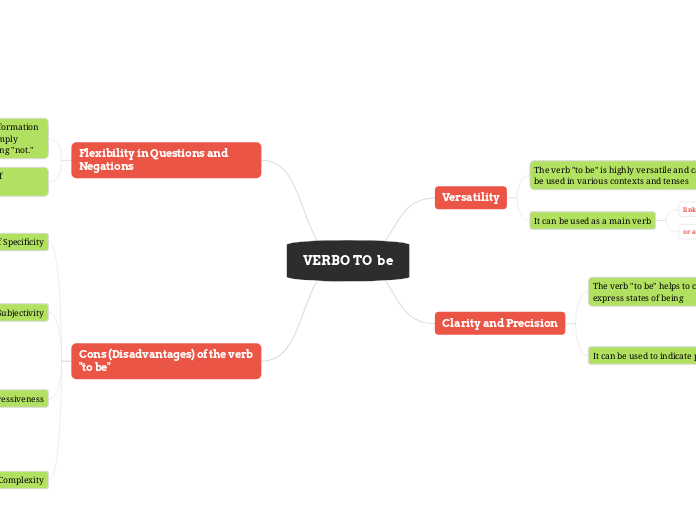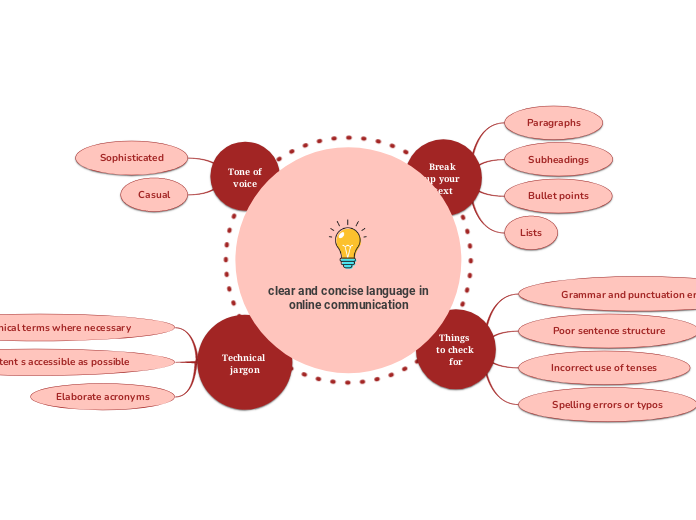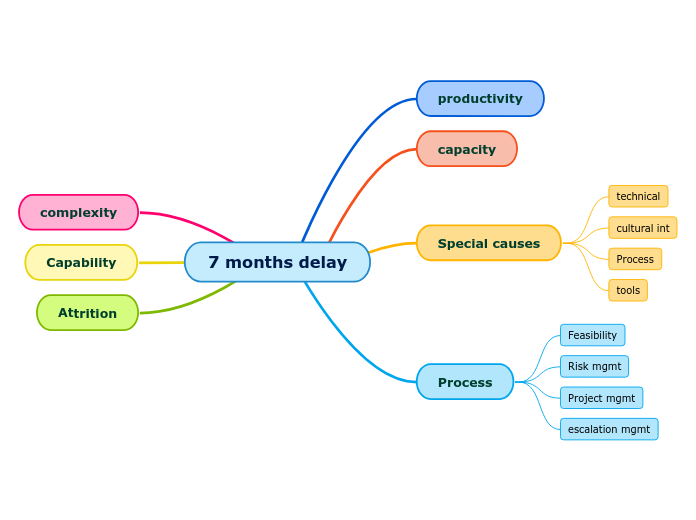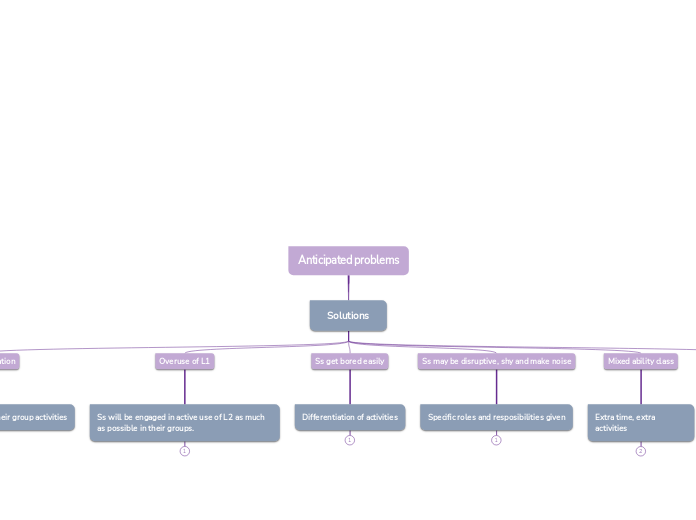VERBO TO be
Cons (Disadvantages) of the verb "to be"
Verb Tense Complexity
It requires mastery to accurately express various time frames and conditions
The verb "to be" can be complex to use in different tenses
especially for non-native English speakers
Limited Expressiveness
It can be less expressive compared to other action verbs
The verb "to be" might not effectively convey emotions
or dynamic states
actions
Ambiguity and Subjectivity
It may not convey clear actions or concrete information
The verb "to be" can sometimes lead to ambiguity or subjective interpretations
Overuse and Lack of Specificity
It can result in passive voice and weak sentence construction
The verb "to be" is often overused
leading to less precise and descriptive language
Flexibility in Questions and Negations
This flexibility adds to the ease of communication
The verb "to be" allows for easy formation of questions and negations by simply changing the word order or adding "not."
Clarity and Precision
It can be used to indicate possession
or characteristics of a subject
location
The verb "to be" helps to clarify and express states of being
and relationships
existence
identity
Versatility
It can be used as a main verb
or auxiliary verb
linking verb
The verb "to be" is highly versatile and can be used in various contexts and tenses









